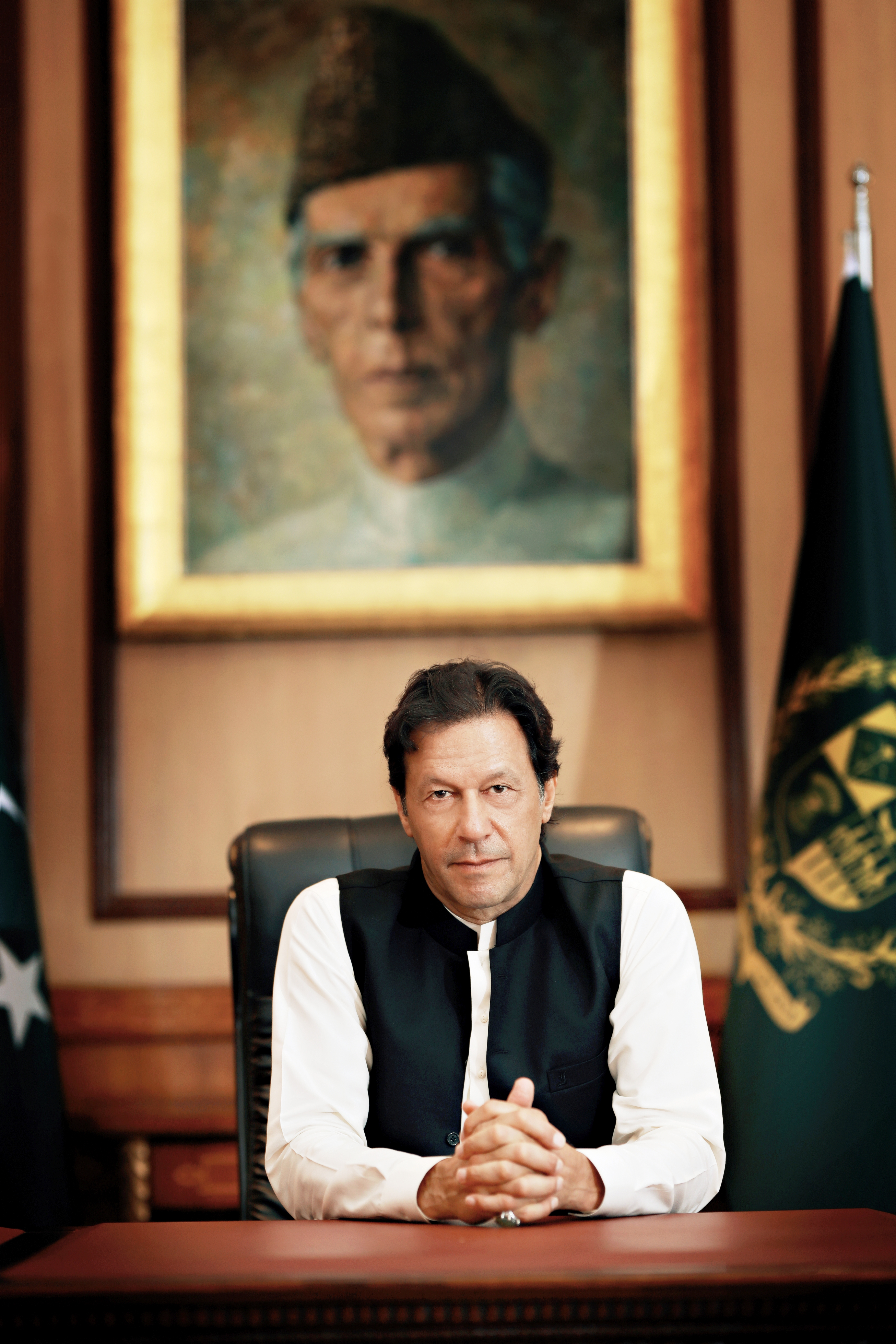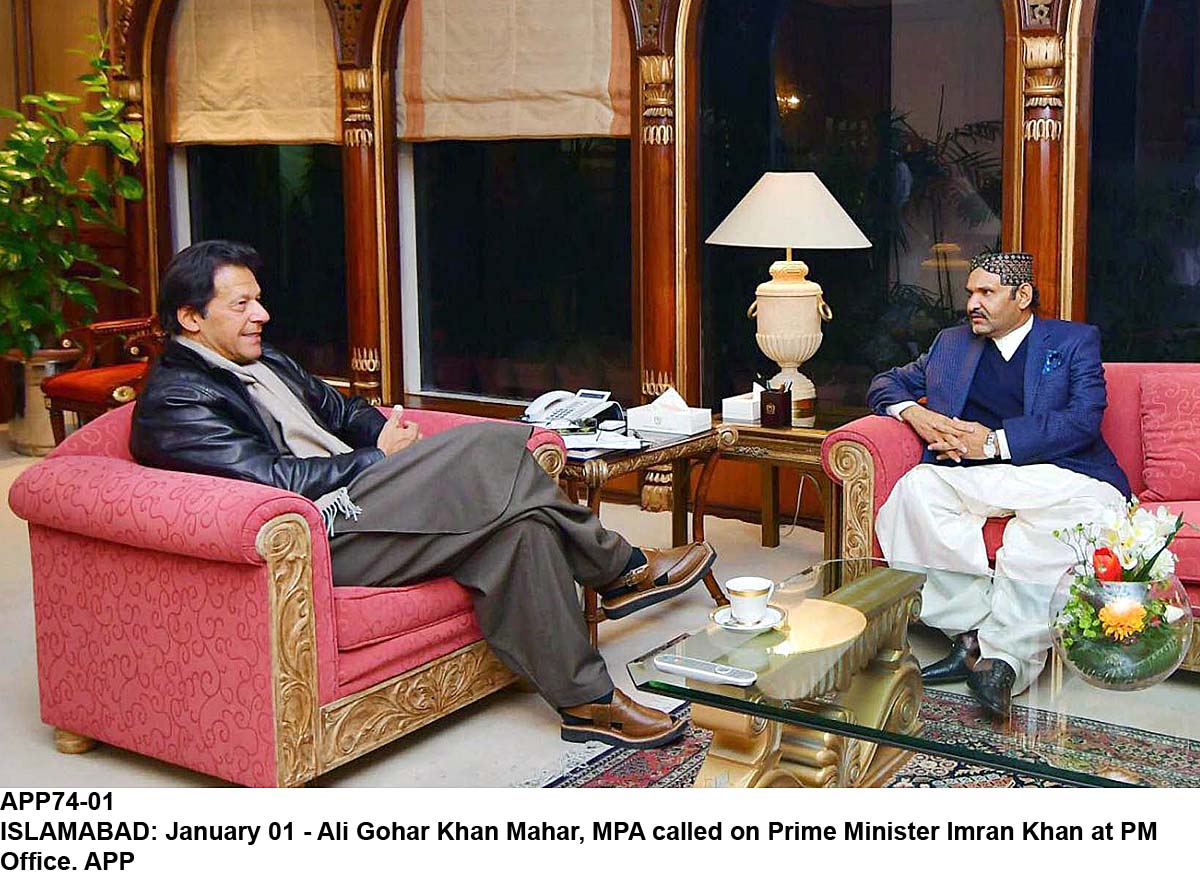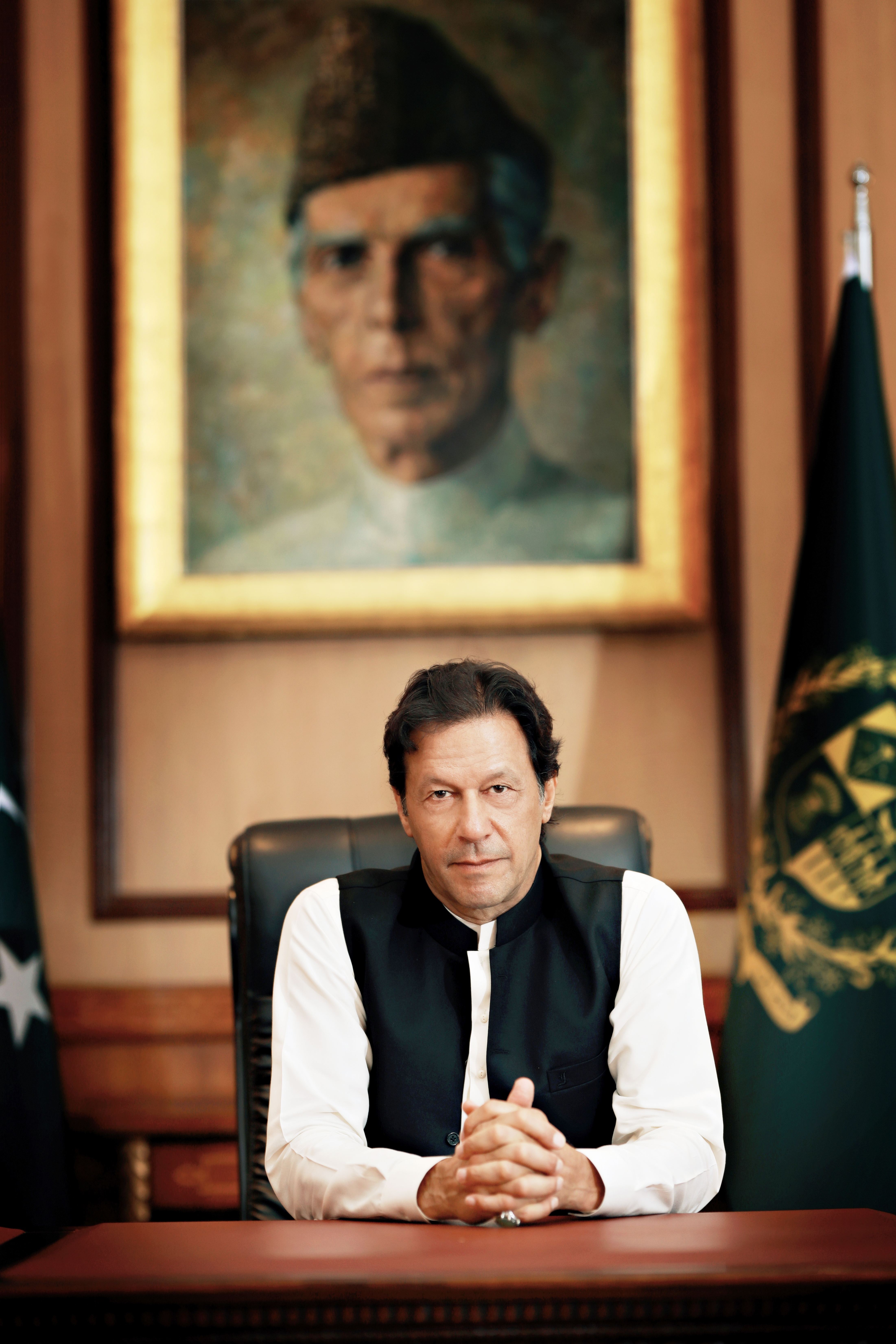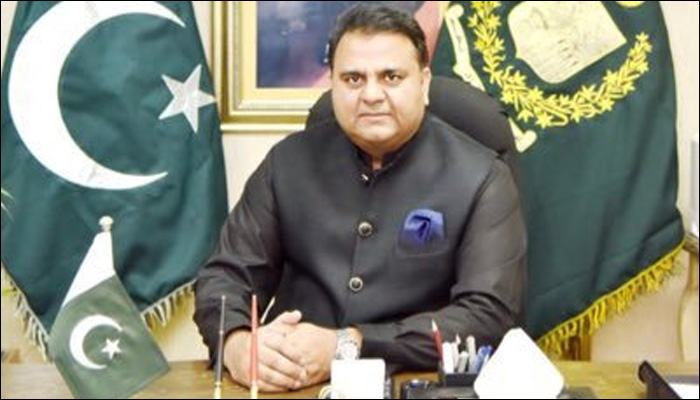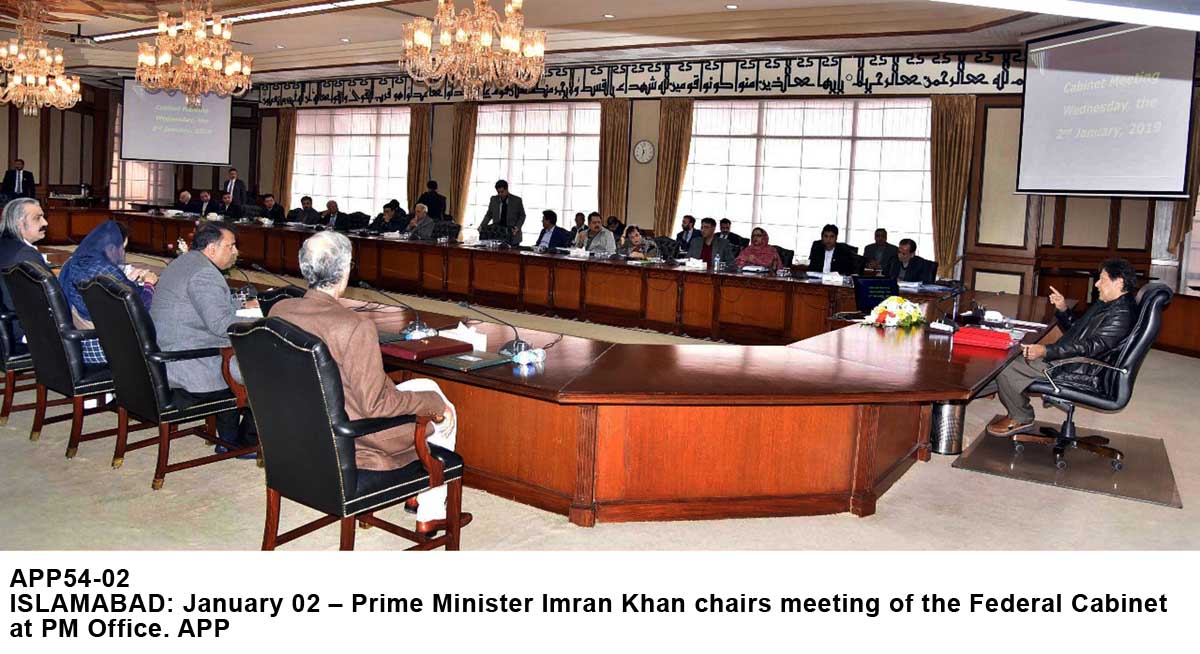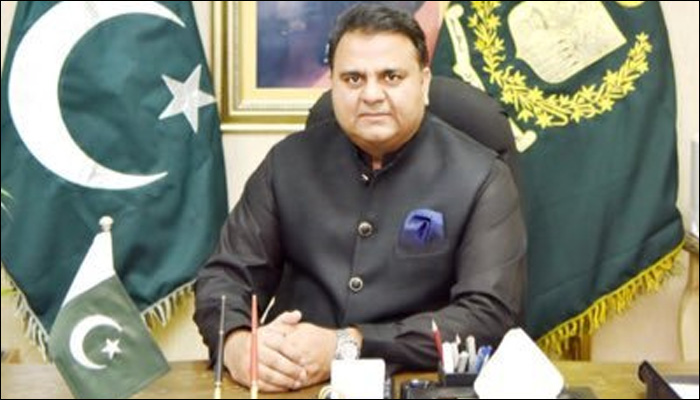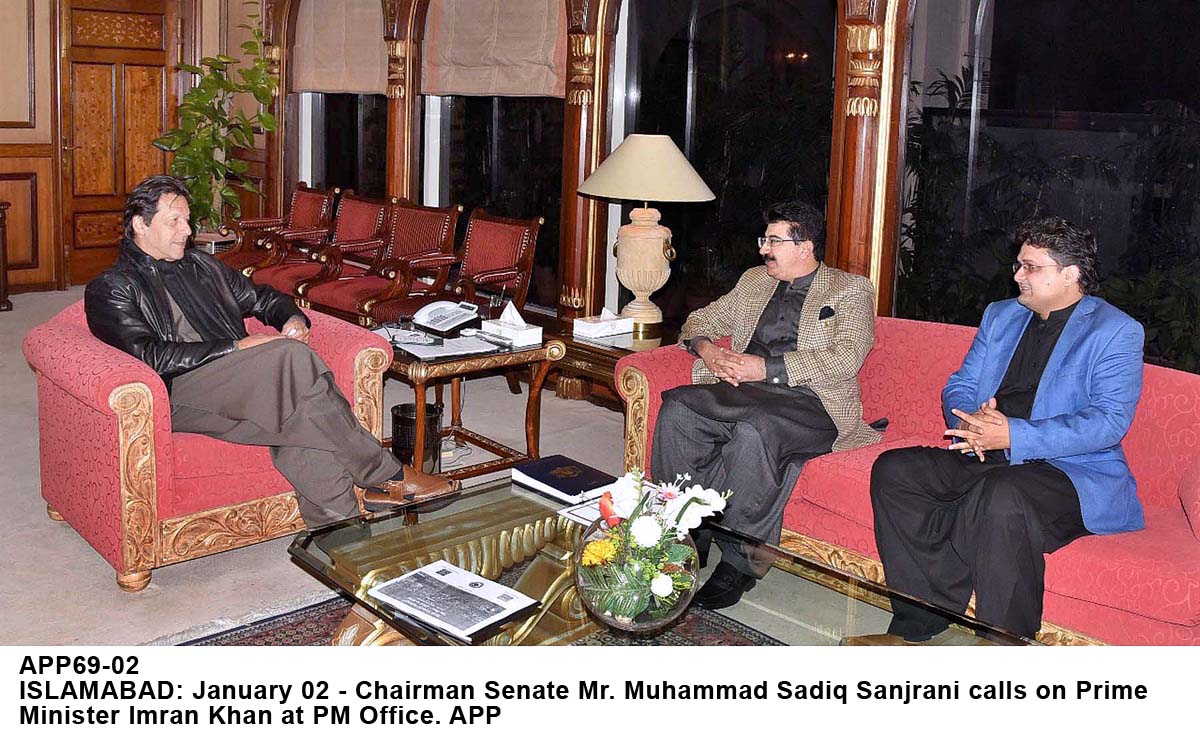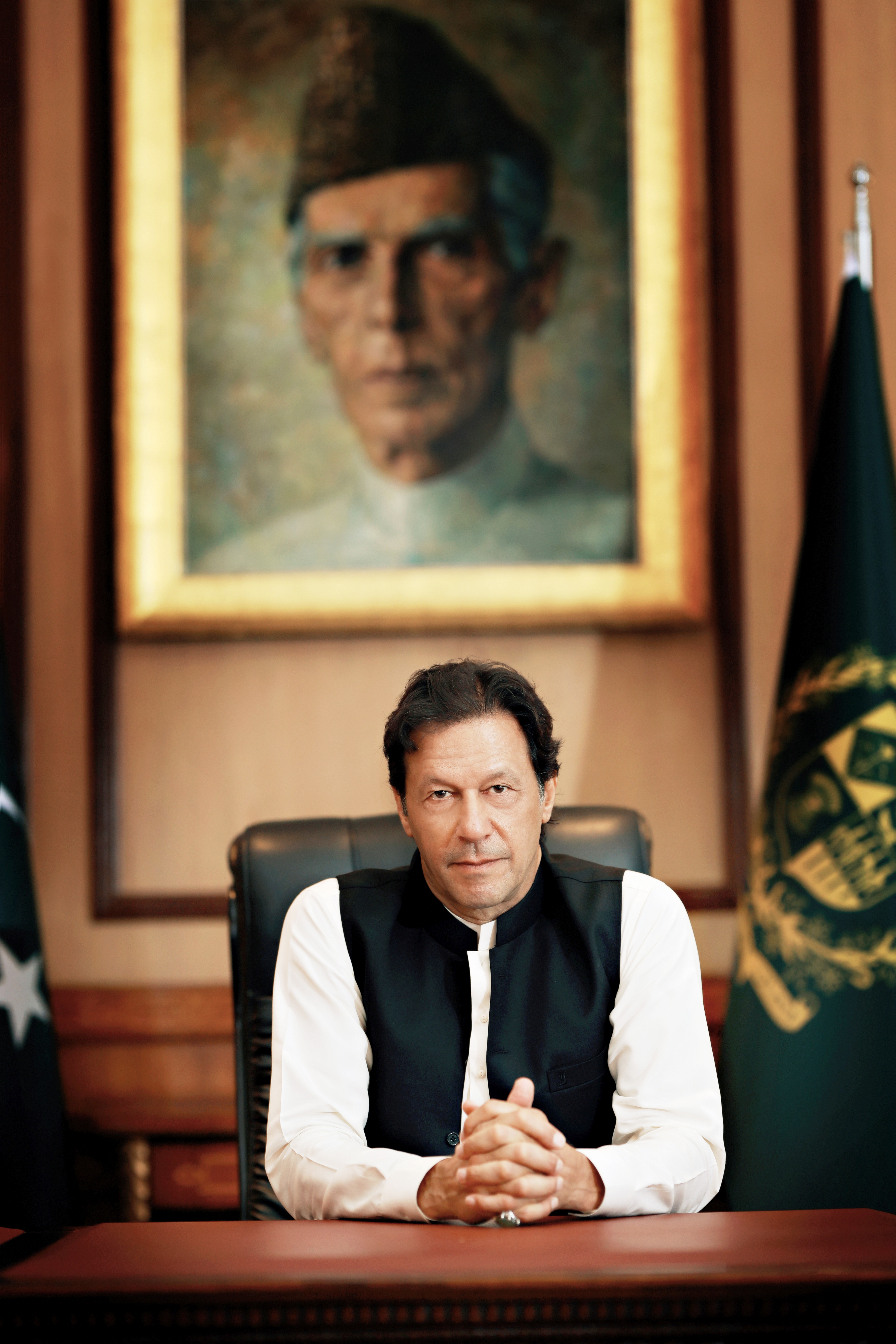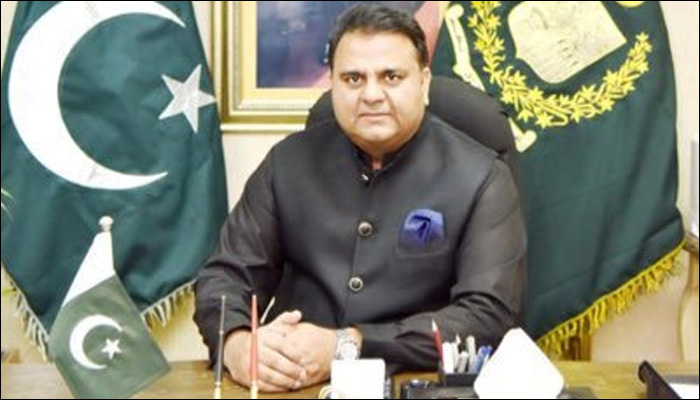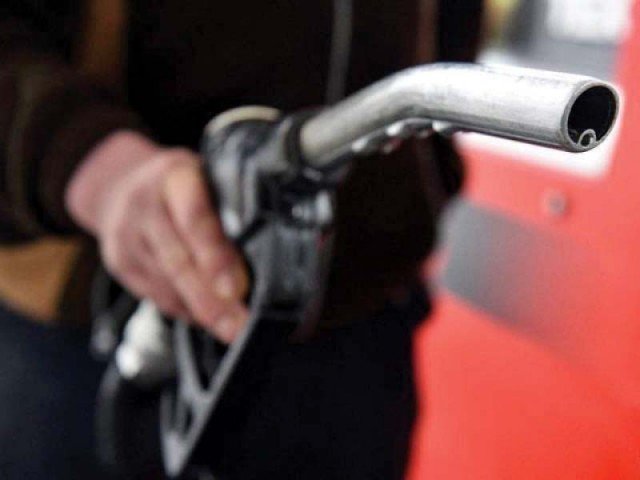
According to a notification issued by the Finance Division, the price of petrol has been increased from existing Rs 74.52 to Rs 100.10 per litre. The price of diesel has gone up to Rs 101.46 from existing Rs 80.15 with an increase of Rs 21.31 per litre. This fuel is used in agriculture and transport sectors and therefore increase in its price will affect these sectors and inflation will go up.
The price of kerosene oil has been hiked by Rs 23.50 per litre from current Rs 35.56 to Rs 59.06 per litre. This price is used in remote areas where LPG is not available for cooking purpose. The price of light diesel oil goes up by Rs 17.84 from Rs 38.14 to Rs 55.98 per litre. This fuel is used for industry.
After the increase, the government will continue charging Rs30 per litre petroleum levy on petrol and diesel, Rs6 per liter on kerosene oil and Rs3 per litre LDO.
Reports said the real impact of increase in petrol was Rs 31 per litre based on the data and working made by Pakistan State Oil (PSO). However, government decided to increase price of petrol by Rs 25.38 per litre that would be effective immediately.
Meanwhile, the Islamabad High Court (IHC) on Friday allowed the federal government to investigate oil marketing companies for their alleged role in the recent petroleum shortage in the country.
A bench of the high court headed by Chief Justice Athar Minallah announced an 11-page verdict, turning down a request by the oil firms to restrain the Federal Investigation Agency (FIA) from conducting an inquiry against them. The bench had reserved the verdict on Thursday after hearing arguments from both sides – the petitioners and the government.
The bench observed that it was shocking that the country faced a fuel shortage despite the fact that oil prices were decreasing globally. It said people’s constitutionals rights were affected due to the shortage. The IHC held that the government is bound to investigate the crisis.


